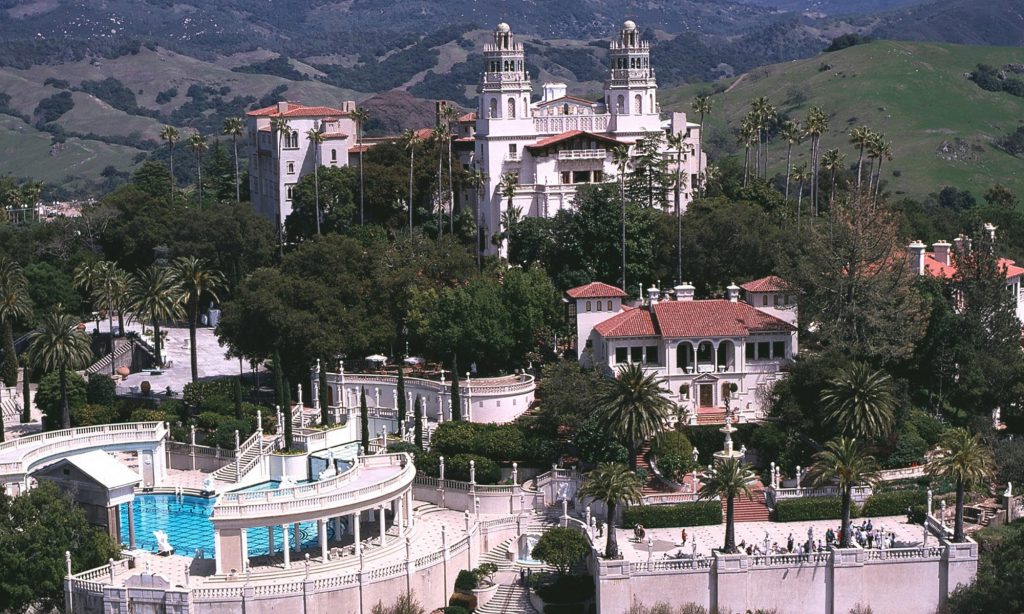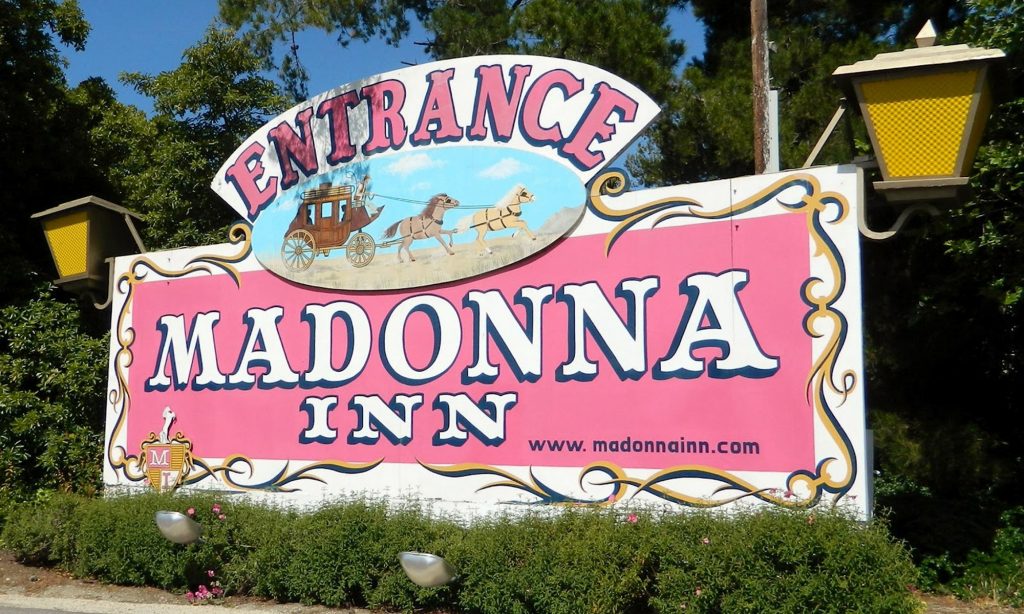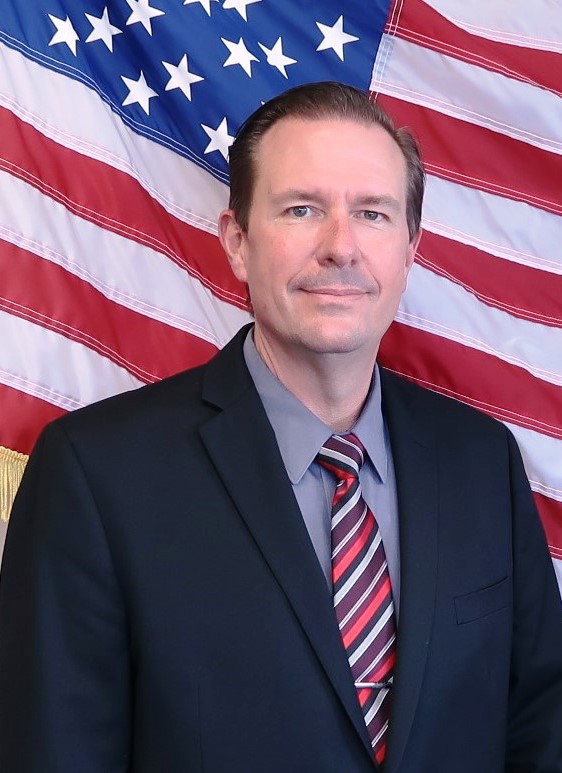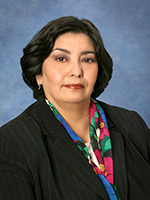California Men’s Colony (CMC)
Main Phone: (805) 547-7900
Physical Address: Colony Dr, San Luis Obispo, CA 93409 (Directions)
- Staff Mailing Address: P.O. Box 8101, San Luis Obispo, CA 93409-8101
- Inmate Mailing Address:
California Men’s Colony
Inmate’s First and Last Name, CDCR Number, Housing
P.O. Box 8103
San Luis Obispo, CA 93409-8103
Visiting an incarcerated person: learn how to visit an incarcerated person at our institutions.
Other Resources: explore family & friends resources, including how to contact or send packages to those incarcerated in our institutions.
- PIA: Textile products including a glove factory, jacket line, T-shirt line, and silk screening; Knitting Mill, Laundry, Shoe Factory, Specialty Printing Plant, Healthcare Facility Maintenance, Equipment Maintenance and Warehouse.
- Career Technical Education: Auto Mechanics, Electronics, Electrical Works, Masonry, Welding, Building Maintenance, Small Engine Repair and Computers and Related Technology.
- Academic: Adult Basic Education, GED/HSD, Peer Literacy Mentor Program, eLearning, Transitions, Accredited Culinary Arts Program and college degree opportunities.
- Other: New Life K-9, Firefighting (Cal-Fire and community based), Community Service Crews, Youth Diversion, Religious, Arts in Corrections, Victim Awareness, Drug and Alcohol Treatment/Diversion, Alternatives to Violence, Anger Management, Hospice, Criminal and Gangs Anonymous, Literacy Council, Prisoner’s Against Child Abuse (PACA), Personal Growth Seminar.
DRP Programs
Integrated Substance Use Disorder Treatment (ISUDT)–Overview
On January 21, 2020, the California Department of Corrections and Rehabilitation (CDCR) and California Correctional Health Care Services (CCHCS) implemented ISUDT. ISUDT is a comprehensive and evidence-based cross-divisional program with pathways to treatment through DRP Cognitive Behavioral Interventions (CBI) programs referred to as:
CBI-Intensive Outpatient (Medical Classification T1, SOMS assignment code ISI) 2-hours/day, 5-days/week, 52-weeks completion
CBI-Outpatient (Medical Classification T2, SOMS assignment code ISO) 2-hours/day, 3-days/week, 14-weeks completion
CBI-Life Skills (Medical Classification T3, SOMS assignment code CB2) 2-hours/day, 3-days/week, 29-weeks completion
All participants will be assessed by medical and referred to one of the CBI classes.
California’s Central Coast has been described as a hidden jewel in the Golden State. In fact San Luis Obispo, in published reports, has been called one of America’s happiest/healthiest/friendliest cities with the best downtown and best college towns (Cal-Poly San Luis Obispo). Two local landmarks are among the most popular destinations. The Madonna Inn is famously eccentric with 110 rooms with names such as Antique Cars, Yosemite Rock, and Caveman. Nearby is the world renowned Hearst Castle which was built between 1919 and 1947 for newspaper magnate William Randolph Hearst. The 90,000 square foot castle sits on the 250,000 acre Hearst Ranch, atop a hill of the Santa Lucia Mountain Range. There are mountains and peaks throughout the San Luis Obispo area that provide countless hiking and biking trails, outdoor activities and adventures. If you love the beach, there’s Pismo, Avila and Morro Bay nearby for a day of sun, sand and fun.


Special Recruitment
California Men’s Colony is always looking for highly motivated individuals to join our current staff. We post our vacancies, as they arise, on the State Personnel Board website at jobs.ca.gov, and on the CMC Job Line at (805) 547-7700. Information regarding the State civil service hiring process is also available at both resources. For additional assistance, you can call our Employment Office at (805) 547-7699. Questions for Medical, Mental Health and Dental vacancies can be addressed to the CCHCS Employment Office at (805) 547-7748 or (805) 547-7806.
CMC Employment Office:
(805) 547-7748 (Health Care)
(805) 547-7699 (Institution)
CMC is comprised of two physically separated complexes commonly referred to as “East Facility” and “West Facility”.
East Facility is a Level III complex divided into five independent facilities (A, B, C, D and H.) Facilities A through D house medium-security, Non-Designated Programming Facility inmates while providing Enhanced Outpatient Program (EOP) and Correctional Clinical Case Management System (CCCMS) levels of care to qualifying inmates. East Facility also provides housing and programs for inmates with developmental disabilities and those who need assistance with activities of daily living. Each Facility has two, three-story housing units, with all inmates housed within cells. Dozens of classrooms, counseling offices and vocational shops are available throughout East Facility in order to offer a myriad of educational and self-help programs to the inmate population.
East Facility also contains a Correctional Treatment Center – Medical Unit that provides a hospital-ward treatment environment for CDCR inmates from around the state.
Facility H is a stand-alone, 50-bed Mental Health Crisis Bed Unit that opened on August 27, 2013. Facility H provides 24-hour/day mental health treatment and monitoring for the inmates housed therein.
West Facility is a Level I and II complex that is divided into four independent facilities (E, F, G, and M.) West Facility houses medium and minimum-security, Non-Designated Programming Facility inmates in a dormitory setting. West Facility also provides CCCMS care for qualifying inmates. Facility M houses inmate firefighters who work with Cal-Fire Captains to fight wildfires and respond to natural disasters around California. Facility G is home to the New Life K9 Program, which trains service dogs to assist first responders who suffer from Post-Traumatic Stress Disorder and other physical disabilities. West Facility inmates have the opportunity to take advantage of increased academic and career/technical education, as well as self-improvement programs including: cognitive behavior therapy programs, substance abuse education, criminal thinking, anger management and family relationships.
CMC is committed to providing its inmate population with meaningful rehabilitative resources in order to ensure the men who are released from CMC have the opportunity to rejoin society as peaceful, productive citizens.

Danny Samuel was appointed warden of California Men’s Colony (CMC) on June 22, 2022, after serving as CMC’s acting warden since January 1, 2021.
Warden Samuel began his career with CDCR in May 1997 when he attended the Basic Correctional Officer Academy in Galt. Upon graduation, he reported to CMC, where he has remained throughout his more than 25 years of service.
His career path allowed him to work as a correctional officer, a correctional counselor (CC) I, a CC II and a CC III before becoming an associate warden in 2014.
As an associate warden at CMC, Warden Samuel worked various assignments to include those in Health Care Access, Central Operations and Level III Housing.
In 2016, Warden Samuel was named CMC’s chief deputy warden where he remained until becoming CMC’s acting warden on January 1, 2021.

Teresa Macias has been CEO at California Men’s Colony since 2014. Before that, she was CEO at California State Prison, Corcoran.
Teresa holds a Master’s degree in Public Health Administration from the University of San Francisco and has more than 37 years of diversified health care management experience, including leadership roles in several for-profit and non-profit health care organizations. She has been active and has served on many community boards and leadership committees throughout her career. Teresa holds certificates in several leadership programs, including EXCELL- Excellence in Leadership Program from Enlightened Leadership International, and Leadership California 2008 Alumni “Moving Women from Success to Significance” California Issues and Trends Program. She is also a Certified Correctional Health Professional through the National Commission on Correctional Health Care.
Local Inmate Family Councils (IFC’s) are a gathering of family and friends of the incarcerated who meet regularly with Wardens to support visiting since keeping strong family connections with loved ones is a powerful rehabilitative tool. These IFC’s promote visiting by clarifying rules and regulations as well as discussing health, education, vocational training, packages, books, and related issues. For more information on connecting with a local IFC, please visit the Statewide IFC website.